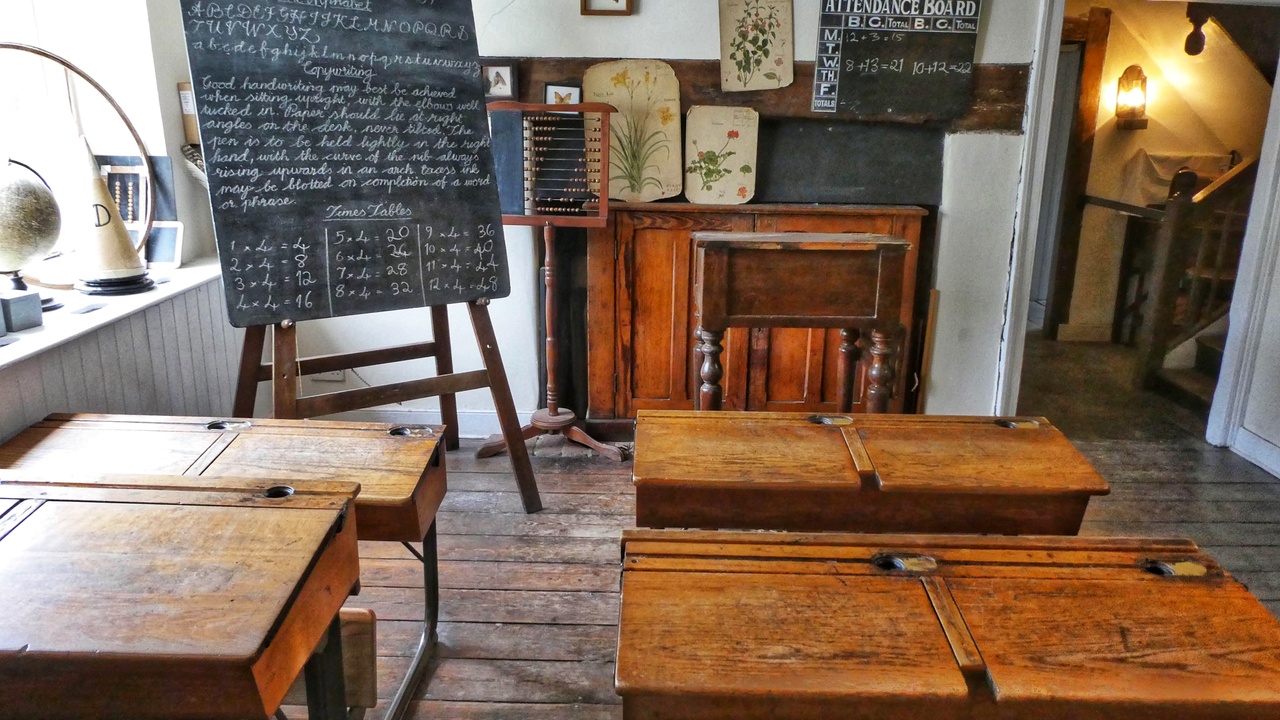
I became an executive director in my 20s. I remember being so excited that I was entrusted with this role, however, it was awkward. I was a colleague and then became the boss. I didn’t know how to navigate the conversations and got into unnecessary drama with my colleagues.
I dived into the work and put on blinders. I often brought work home on weekends. I didn’t have any sort of morning routine and checked my emails first thing in the morning.
When I look back, no wonder I quit in a burnt-out state and questioned whether I wanted to continue in the difference-making space.
I believe that anyone who works in nonprofits has to be a bit of an optimist because we believe that we can change the world. That we can make a difference.
And yet, it’s a balance.
When you choose difference-making work, it’s challenging to simply sign off at 5 pm and just go on with your evening – to compartmentalize. Especially after holding space for constituents who share their stories and often you being the first one that they’ve confided in – that’s such a privilege while it can also be draining.
So how to draw that balance?
Are you wanting to show up in 2022 differently – be it feeling more resourced, or excited, or just simply with a little more energy?
Then, I highly recommend “Trauma Stewardship,” by Laura van Dernoot Lipsky and Connie Burk. Trauma stewardship is defined as
“a daily practice through which individuals, organizations, and societies tend to the hardship, pain, or trauma experienced by humans, other living beings, or our planet itself. Those who support trauma stewardship believe that both joy and pain are realities of life, and that suffering can be transformed into meaningful growth and healing when a quality of presence is cultivated and maintained even in the face of great suffering.”
This book is an excellent resource to check in with yourself and to see if you’re on a journey of burnout. I checked off many signs of being burnt out: minimizing, comparison, chronic exhaustion.
The book also served as an important reminder that it’s perfectly ok to feel joy even in the face of great suffering.
While we wind down 2021, reflect back on the year, and here are some prompts to start the inner conversation …
- How do you start your workday?
- Are you able to track your body and your thoughts? Or are you on autopilot?
- Are you feeling focused or all over the place?
- Are you able to set boundaries?
And on to the list of things I wish I knew when I first became a leader …
- Self-care is NOT an indulgence
- It’s ok to have joy in my life
- Having a morning routine sets the intention for the day
- “No” is a complete sentence
- Get comfortable with difficult conversations
- I’m not always going to be liked
- Vulnerability is a strength and builds trust
- Being clear about my vision and expressing it often
- Half of my time will be spent communicating with my team
- Not communicating enough is the same as not leading enough
- Everyone wants to be successful, and It’s my job to facilitate that
- Cultivate an ability to hear feedback without being defensive
- Be a role model
- The power of recognition
- And that if you’re feeling that it’s lonely at the top, you’re doing it wrong.
Until next time, as always, be gentle & kind to yourself.
Shalini

